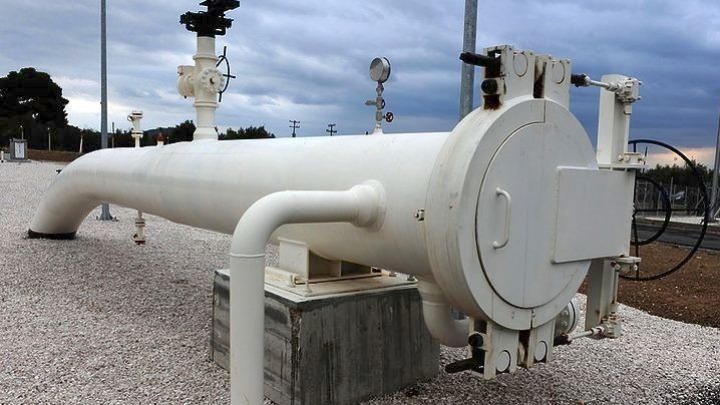Natural Gas Demand in Greece Surges in Q1 2025, Led by Power Generation and LNG Imports
Between January and March 2025, total natural gas demand in Greece rose by 35.07%, reaching 22.30 terawatt-hours (TWh), up from 16.51 TWh during the same period in the previous year. This follows an annual increase of 30.03% recorded in 2024. Domestic demand for natural gas strengthened significantly in the first quarter of 2025, increasing by 28.61% year-on-year to reach 20.86 TWh.
This trend underscores the vital role of natural gas in meeting the country's growing energy needs during this period. It is worth noting that on February 24, 2025, Greece recorded a historic all-time high in natural gas demand since the fuel's introduction to the country, with consumption reaching 357 GWh in a single day. Export volumes also experienced a dramatic rise of 396.55%, reaching 1.44 TWh compared to just 0.29 TWh in Q1 2024.
In terms of consumer categories, electricity producers continue to represent the largest share of domestic consumption, accounting for 64% of the total. Compared to the previous year, consumption by power producers rose by 48.11%, reaching 13.33 TWh, up from 9.00 TWh.
Conversely, a decrease of 14.80% was recorded in industrial consumption and CNG vehicle refueling stations directly connected to the National Natural Gas Transmission System (NNGTS), which fell to 2.13 TWh—approximately 10% of domestic demand. Distribution network consumption reached 5.40 TWh in Q1 2025, reflecting a 14.41% increase year-on-year and accounting for 26% of total demand.
Liquefied natural gas (LNG) played a leading role in imports, with the Revythoussa Terminal (Agia Triada Entry Point) reestablishing itself as the country’s main entry point, contributing to supply diversification and covering approximately 44.5% of total imports. During the January–March 2025 period, 20 LNG tankers were unloaded at the terminal, delivering approximately 10.65 TWh, compared to 9 tankers and 6.93 TWh during the same period in 2024. The largest share of LNG imports came from the United States, which nearly doubled their deliveries to 8.65 TWh, up from 4.54 TWh a year earlier. Nigeria followed with 1.12 TWh, and Norway with 0.93 TWh. The strategic role of Revythoussa was reaffirmed in recent auctions for LNG unloading slots, where nearly all available slots were reserved through 2030.
Among other entry points, Sidirokastro ranked second, accounting for approximately 38.8% of gas imports (8.66 TWh), a 19.45% increase compared to Q1 2024. The Nea Mesimvria entry point—where gas from the TAP pipeline is delivered—covered 12.05% of imports (2.69 TWh), while approximately 4.6% entered the system through the Amphitriti point (Alexandroupolis FSRU).
The LNG Truck Loading service at Revythoussa also recorded significant growth, with 144 LNG trucks loaded in the first quarter of the year, transporting approximately 43.5 GWh of energy, compared to 39 trucks last year. This 270% increase highlights the service’s efficiency and flexibility in meeting energy needs of remote distribution networks and industrial consumers in both Greece and the wider region.
DESFA's infrastructure continues to play a key role in the diversification of gas supply sources and the security of energy supply. Finally, the liberalization of the energy market and the Third Party Access (TPA) regime under which DESFA operates foster competitive pricing. TPA is governed by European Union and national legislation, ensuring open access to all interested parties.















